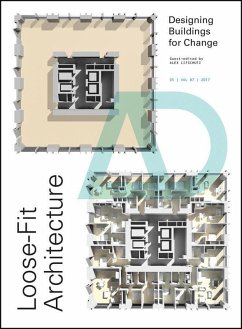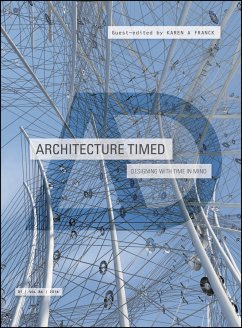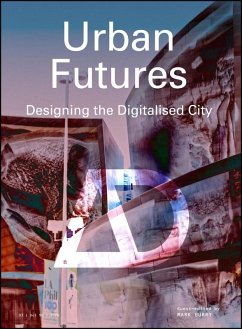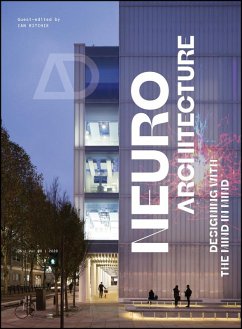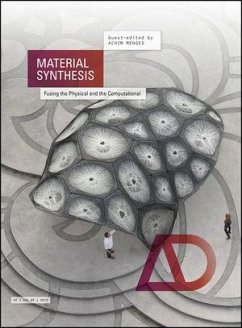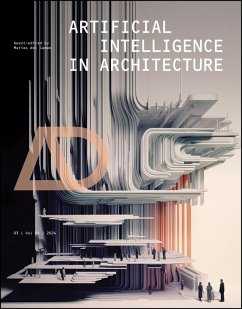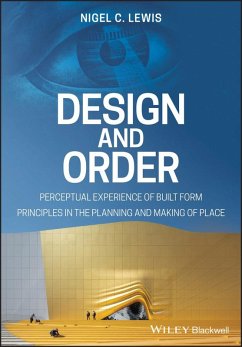
Autonomous Assembly (eBook, PDF)
Designing for a New Era of Collective Construction

PAYBACK Punkte
0 °P sammeln!
We are now on the brink of a new era in construction - that of autonomous assembly. For some time, the widespread adoption of robotic and digital fabrication technologies has made it possible for architects and academic researchers to design non-standard, highly customised structures. These technologies have largely been limited by scalability, focusing mainly on top-down, bespoke fabrication projects, such as experimental pavilions and structures. Autonomous assembly and bottom-up construction techniques hold the promise of greater scalability, adaptability and potentially evolved design poss...
We are now on the brink of a new era in construction - that of autonomous assembly. For some time, the widespread adoption of robotic and digital fabrication technologies has made it possible for architects and academic researchers to design non-standard, highly customised structures. These technologies have largely been limited by scalability, focusing mainly on top-down, bespoke fabrication projects, such as experimental pavilions and structures. Autonomous assembly and bottom-up construction techniques hold the promise of greater scalability, adaptability and potentially evolved design possibilities. By capitalising on the advances made in swarm robotics, the collective construction of the animal/insect kingdom, and advances in physical computational, programmable materials or self-assembly, architects and designers are now able to build from the bottom up. This issue presents future scenarios of autonomous assembly by highlighting the viability of decentralised, collective assembly systems, demonstrating the potential to deliver reconfigurable and adaptive solutions. Contributors include: Marcelo Coelho, Andong Liu, Robin Meier, Kieran Murphy and Heinrich Jaeger, Radhika Nagpal and Kirstin Petersen, and Zorana Zeravcic. Featured architects: Aranda\Lasch, Arup, Philippe Block, Gramazio Kohler Architects, Ibañez Kim, Achim Menges, Caitlin Mueller, Jose Sanchez, Athina Papadopoulou and Jared Laucks, and Skylar Tibbits.
Dieser Download kann aus rechtlichen Gründen nur mit Rechnungsadresse in D ausgeliefert werden.




